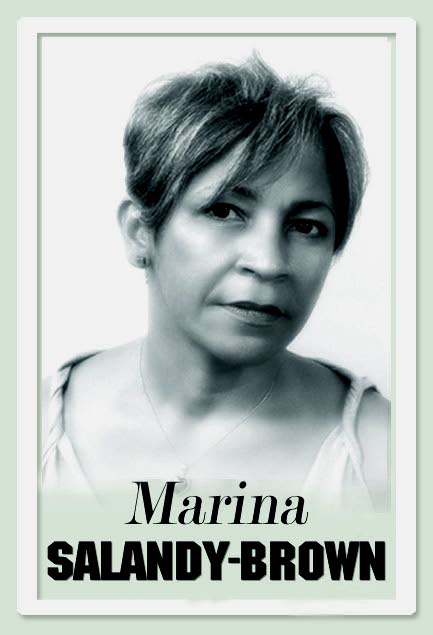Dubious heroes and filthy lucre

“Money is the source of all evil” was an idea always fed to us, like a religious belief. No surprise there since the origin of the term “filthy lucre” is biblical, but it predates Christianity. As far back as in Antigone, Sophocles (496-406) wrote:
No thing in use by man, for power of ill,
Can equal money. This lays cities low,
This drives men forth from quiet dwelling-place,
This warps and changes minds of worthiest stamp,
To turn to deeds of baseness, teaching men
All shifts of cunning, and to know the guilt
Of every impious deed.
But money in itself cannot be a bad thing. Surely, it is the misuse of money or the adoration of it that is the vice. Money is a source of great power, and to the extent that we exercise power unjustly, money can be a negative force, but it is hard to imagine a world without some accepted, common form of exchange for goods and services.
I write this in connection with the current Drugs Sou-Sou (DSS) scandal, in which nearly $30 million has been seized from a supposedly dishonest person who simply could not find anywhere to stash such vast sums of money and resorted to cardboard boxes, water closets and every other kind of domestic space that could accommodate unfathomably large wads of cash.
This is one of the most bizarre stories to ever unfold and not the media, the police, nor the government has been able to shed any light on the drug connection. To see all that cash carelessly hanging around in a perfectly ordinary building that resembles nothing like a traditional bank looks like a great hoarder at work, someone with an obsession to just have lucre about him, like a collector’s mad avarice.
But even more bizarre is the attitude of the people whose money is lying around and which could easily go up in flames or simply disappear. They don’t think there is anything strange about the scenario in which they are involved.
It is as unbelievable as the Republican politicians behind President Trump, not even to mention the gun-toting, racist supporters, who seem to find his extraordinary behavior and perverted, unempathetic nature perfectly acceptable.
What these two groups of people have in common is either extreme self-interest, which allows them to suspend their sense of reason and proportion and to divorce themselves from solid reality, or a deep mistrust of the alternatives.
The political commentators tell us that the typical Trump voter is a poor white male who feels displaced and forgotten. Trump has cleverly dubbed himself champion of the underprivileged, even though he despises them.
We know no such thing about the man behind the DSS. It seems up to this point, at least going by what we have been told, that the money, like Trump’s presidency, was not stolen, but acquired via perfectly legitimate means, regardless of how questionable it may appear to us. The founder of this treasure-trove sou-sou is convinced that he has done nothing wrong, and no one has said he did, yet the prime minister has called his business a threat to our national security. That Trump is dangerous is clear, but the sou-sou?
The fraud experts probably know more than we do, but we should focus on why so many ordinary people prefer to take a risk rather than put their hard-to-come-by cash into one of the big, well established local banks that offer a certain level of protection.
Were people just being greedy when they saved with Clico, believing that the suspiciously high interest rates were kosher, or with the Hindu Credit Union and all the other financial scams?
The truth is that nobody likes banks or bankers and feel no loyalty towards them. Jonathan Swift wrote in 1735, “Few bankers will to heaven be mounters.”
That is because they are usurious. They may have overheads, but it is hard to swallow the current massive difference between interest and loan rates or endure the indignities of even trying to open an account. Banks everywhere have become organs of control over private citizens, plus there is little incentive to allow them to hold our money, except as shareholders.
If we could see all the money banks control, it would look more mesmerising than the DSS building. Hoarding money to keep shareholders happy is a source of great inequality. It should be used to aid human lives and development by creating real wealth for all, not just shareholders.
The irony of the DSS is that it is no better and offers none of the very few benefits of conventional banking. If not drugs, then how can one man put all that money to work?
The international banking scandals of the 1980s were all about too much cash-seeking lucrative havens. That’s always concerning to the watchdogs, but TT bankers are probably more threatened by why that $30 million is not in their coffers. Great question to pose!


Comments
"Dubious heroes and filthy lucre"